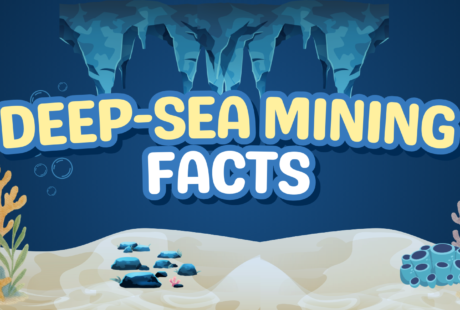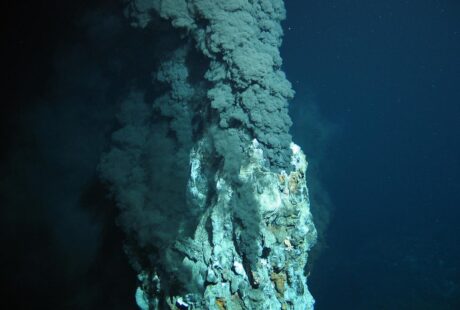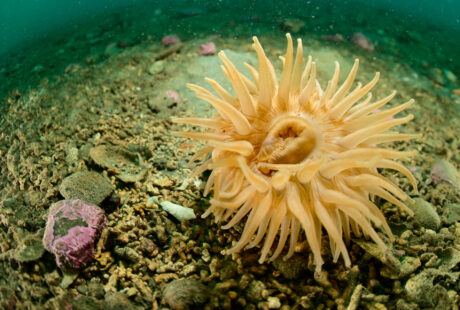The Norwegian Parliament’s decision to pave the way for the possibility of deep-sea mining in the Arctic Tuesday [9 January] has sparked widespread global criticism. Despite mounting concerns voiced by scientists, civil society organisations, fishers, the Norwegian environmental agency, European policy-makers, and more than 550,000 citizens who have signed an online petition, Norway opted to open over 280,000 square kilometres of territorial waters, amounting to the size of Italy, to deep-sea mining.
Tuesday’s vote means the government will now be able to pursue plans to grant mining companies exploration contracts and conduct environmental impact assessments. After these procedures, the government must ask the Parliament for approval for extraction – deep-sea mining – to begin.
While Norway positions itself on the international stage as an upholder of stringent environmental standards and as a “blue leader”, deep-sea mining would cause irreversible damage to intricate ecosystems and fragile marine habitats, and would disregard an array of social and environmental commitments under the United Nations Sustainable Development Goals.
Mining the seabed is unnecessary
Contrary to Norway’s assertions about the indispensable role of seabed minerals in meeting resource demands, alternatives challenge the purported necessity of this new industry. Multiple reports, including from Seas At Risk, the Institute for Sustainable Futures, and most recently the Environmental Justice Foundation demonstrate how the green transition can be achieved without any deep-sea mining. Through a combination of circular economy strategies, implemented emerging technologies and changed consumption habits, there is the potential to decrease the overall demand for minerals by 58% by 2050.
Factoring in the broader socioeconomic and environmental costs of deep-sea mining, a seminal study published in Nature shows that prospects for long-term benefits are minimal or non-existent.
Norway’s international role at risk
The Labour Party-led Norwegian government aims to position itself as a pioneer in deep-sea mining by spearheading exploratory missions for supposedly lucrative mining prospects. Yet rapid international reactions to the Parliament’s decision reveal that Norway’s mining aspirations miss the mark when it comes to the sustainable transition from fossil fuels to green energy.
Norway’s decision places the nation in direct opposition with an increasing wave of countries – 24 and counting, including France, Ireland, Finland, Sweden, and the UK – that have openly expressed their support for a moratorium on deep-sea mining until conclusive scientific evidence is found to prove it does not cause environmental harm.
Furthermore, this move contradicts Norway’s international commitments to ocean protection. Norway’s promise to sustainably manage 100% of its coastal waters by 2025 and its active participation in the global initiative, the High-Level Panel for a Sustainable Ocean Economy, aimed at encouraging other nations to follow suit, is contradictory. Within this context, pursuing deep-sea mining is at odds with the very principles of a sustainable ocean economy, noted by the Panel experts themselves in 2020. With yesterday’s decision, it is hard to see Norway fit for such a panel.
What to expect
The extensive exploration and evaluation processes are anticipated to unfold over a series of years, allowing time for continued debate, evaluation, and potential reconsideration. In 2025, Norway will hold general parliamentary elections, with several opposition parties hoping to change tracks on deep-sea mining. The ongoing international discourse sparks hopes that a more environmentally conscious government could ultimately reverse these plans.
Feature photo courtesy © Will Rose / Greenpeace
Posted on: 10 January 2024



